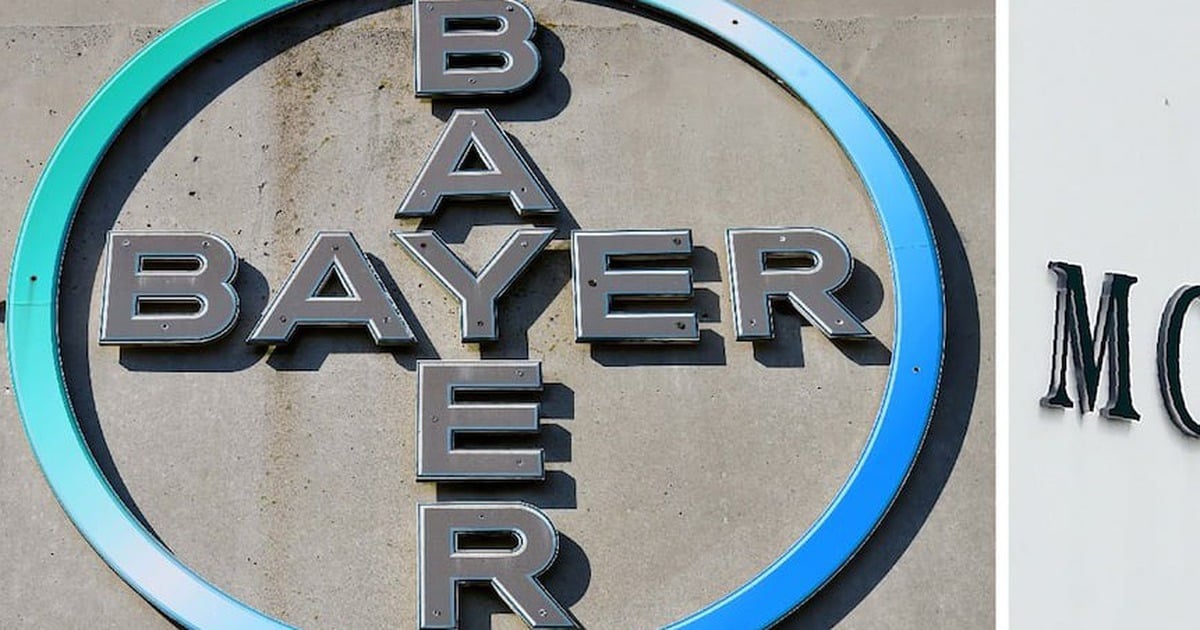I have stage 2 liver cancer. How long do liver cancer patients usually live, doctor? (Nguyen Van Tam, 47 years old, Nam Dinh)
Reply:
Liver cancer is one of the most common cancers in the world. According to data from the Global Cancer Organization (Globocan) in 2020, in Vietnam, liver cancer ranks first among cancers with new cases and deaths of nearly 26,420 people and more than 25,270 people, respectively.
Depending on the stage of liver cancer, the degree of progression, age, physical condition of the patient, treatment method and response rate... the survival rate of liver cancer patients can be different. According to data provided by the American Cancer Society based on SEER database information from 2012-2018, the 5-year survival rate of liver cancer patients at all stages is 21%. Localized cancer (no signs of cancer spreading outside the liver) is 36%. When the tumor metastasizes to distant organs, this rate drops to about 3%.
Liver cancer in particular and other cancers in general have a good prognosis, and can even be cured if detected early. Currently, there are many effective treatments for liver cancer, such as liver resection surgery, liver transplantation, chemotherapy, radiotherapy, radiofrequency ablation, immunotherapy, targeted therapy, etc. In general, the survival rate is higher for people who can still have surgery to remove the cancer. Studies have shown that patients with small, resectable tumors who do not have cirrhosis or other serious health problems are likely to do well. For people with early-stage liver cancer who receive a liver transplant, the 5-year survival rate is about 60-70%.

Dr. Vu Huu Khiem examines a cancer patient. Photo: Tam Anh Hospital
Early signs of liver cancer are often unclear, difficult to recognize, and easily confused with other diseases. Therefore, many people get the disease at a late stage, with little chance of effective treatment. At a late stage, malignant tumors are large, invasive, widespread, or metastatic, and can only be treated with prolonged treatment and palliative care to limit progression and reduce discomfort for the patient. Depending on each patient's condition, the doctor will discuss and propose an appropriate method.
The patient has stage 2 liver cancer, however, did not share clearly how big the tumor is, what treatment methods have been used, what is the current health status... Therefore, the doctor cannot give specific advice. Stage 2, according to the BCLC liver cancer classification system, can be classified as stage A, B, so it can still be treated radically with surgery, liver transplant, radiofrequency ablation or embolization and radiotherapy. What the patient should do now is to maintain health, follow the doctor's instructions. If there are abnormalities, notice the disease progressing seriously, you should share with the doctor to receive appropriate advice. A comfortable spirit can also make your treatment easier. Cancer patients should not arbitrarily use unverified folk or word-of-mouth methods and give up treatment. This can cause the tumor to grow faster and larger, increasing the risk of death.
Because most liver cancer patients are detected at a late stage, doctors recommend that adults should have regular health check-ups every 6 months or every year. People with liver diseases in the high-risk group need to closely monitor their condition, have regular health check-ups every 6 months, abdominal ultrasound, liver cancer detection tests... People at high risk should start screening for liver cancer from the age of 40-50.
Factors that increase the risk of liver cancer come from lifestyle such as drinking a lot of alcohol; smoking; eating a lot of processed foods; drinking a lot of soft drinks; staying up late; little exercise... In particular, some liver diseases have the risk of progressing, leading to cancer in this organ such as chronic viral hepatitis, cirrhosis... Getting vaccinated against hepatitis B, avoiding exposure to toxic chemicals that can easily damage the liver is one of the ways to prevent liver cancer. For people who already have the disease, controlling the hepatitis virus combined with a healthy diet and lifestyle helps increase resistance and the ability to fight the disease.
Dr. Vu Huu Khiem
Head of Oncology Department, Tam Anh General Hospital Hanoi
Source link


![[UPDATE] April 30th parade rehearsal on Le Duan street in front of Independence Palace](https://vstatic.vietnam.vn/vietnam/resource/IMAGE/2025/4/18/8f2604c6bc5648d4b918bd6867d08396)
![[Photo] Prime Minister Pham Minh Chinh receives Mr. Jefferey Perlman, CEO of Warburg Pincus Group (USA)](https://vstatic.vietnam.vn/vietnam/resource/IMAGE/2025/4/18/c37781eeb50342f09d8fe6841db2426c)






























































































Comment (0)